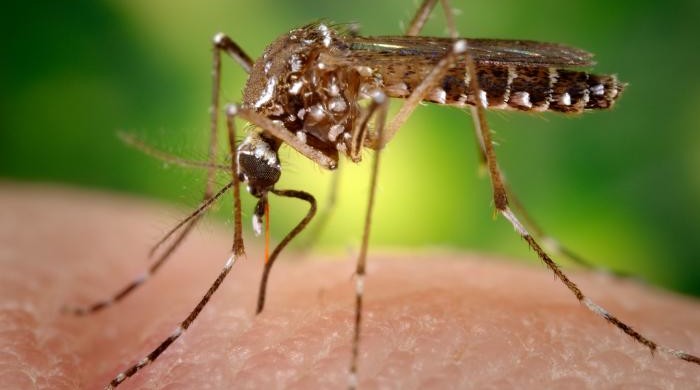You may have heard about the surge in Zika virus infections. The virus is principally spread by the bite of an infected Aedes aegypti mosquito. The virus also may be spread from one person to another by sexual contact and through blood transfusions. Infectious disease experts have known about the virus since the 1940’s, and it is named after the Zika forest area in Uganda. Intermittent, small outbreaks of Zika virus have occurred over the past seventy years, but the disease has risen to prominence since it was first reported in Brazil in May 2015.
Since Zika virus infections were first confirmed in Brazil in May 2015, infectious disease control experts have found the virus in numerous other countries in North, Central, and South America. A list of countries with verified, active transmission in the Americas includes: Aruba, Barbados, Bolivia, Bonaire, Brazil, Colombia, Costa Rica, Cuba, Curacao, Dominica, Dominican Republic, Ecuador, El Salvador, French Guiana, Guadeloupe, Guyana, Haiti, Honduras, Jamaica, Martinique, Mexico, Nicaragua, Panama, Paraguay, Puerto Rico, Saint Martin, Saint Vincent and the Grenadines, Saint Maarten, Suriname, Trinidad and Tobago, U.S. Virgin Islands, and Venezuela.
Countries with transmission in the Pacific includes: American Samoa, Fiji, Kosrae and Micronesia, Marshall Islands, New Caledonia, Samoa, and Tonga.
Zika virus has also been found in the Cape Verde islands off the west coast of Africa.
An up to date list of countries with reported zika virus transmission can be found at the Centers for Disease Control and Prevention website.
There have been no verified cases of mosquito-borne Zika virus spread in the United States. There have been cases of American travelers contracting the virus abroad and returning home prior to symptoms developing. There also have been cases of sexual transmission of the Zika virus in the U.S. where an individual returning from travel to an area with active transmission has spread the virus to a sexual partner.
Patients will frequently ask me what the most common symptoms of Zika virus infection are. First–and most important to understand–is that most people infected with Zika virus will never know they have contracted the virus because most infections are asymptomatic. For those who do have symptoms, they most commonly experience a combination of fever, joint pain, rash, red eyes (conjunctivitis), muscle pain, and/or headache. In most cases, these symptoms will be mild and resolve completely in a time frame of a few days to two weeks.
The incubation period (amount of time it takes from being bitten by an infected mosquito to start showing symptoms) for Zika virus is unknown, but it is believed to be from three days on the short end to two weeks on the long end. The Zika virus is thought to remain in the blood for up to four weeks after someone is infected, but there is evidence of much longer persistence of the virus in some people. Once someone has been infected, it is believed that he or she will be immune to future Zika virus infections.
Currently, there are no vaccines or medicines known to prevent or to treat Zika virus infections. The best preventive measure is to avoid travel to areas with active transmission of Zika virus. If you are travelling to an area with Zika virus transmission, take preventive measures to avoid mosquito bites such as using DEET-containing mosquito repellent, permethrin-washed clothing, and using bed netting. All these steps can reduce the risk of exposure. Since Zika virus can be spread by sexual transmission, it is very important to limit sexual activity after travel to an area with active Zika virus transmission.
If you think you have been exposed to Zika virus, make sure you drink ample fluids to avoid dehydration and make an appointment with your healthcare provider for further evaluation and treatment.
Eric Zacharias, MD

